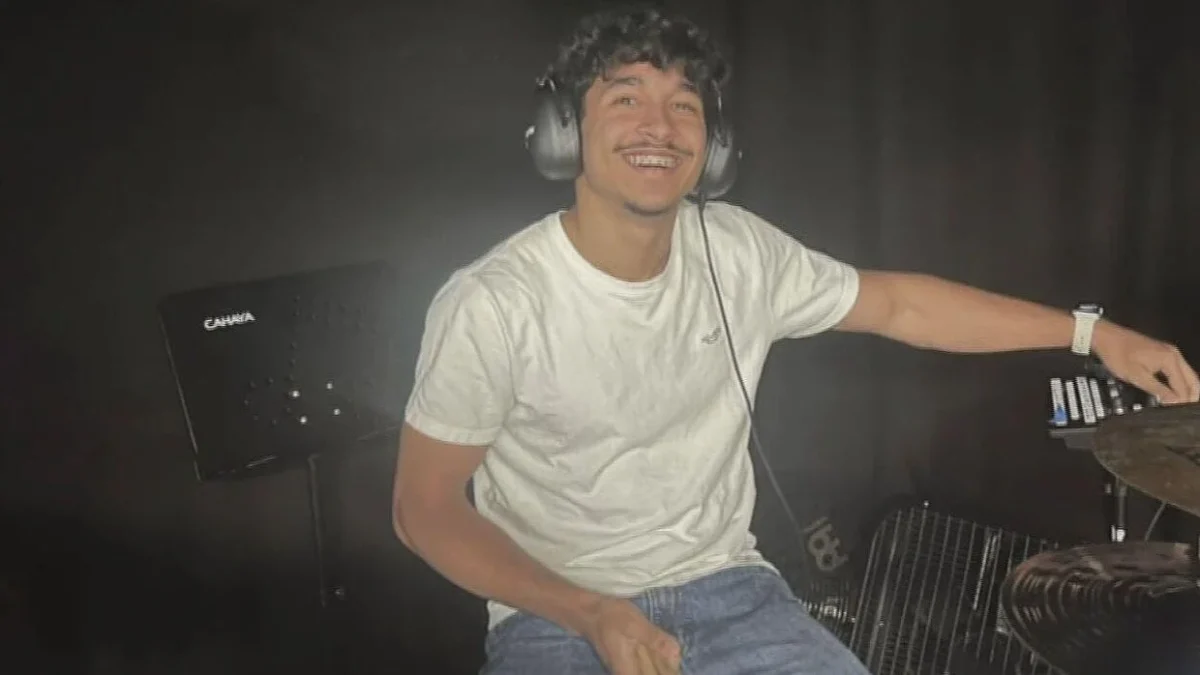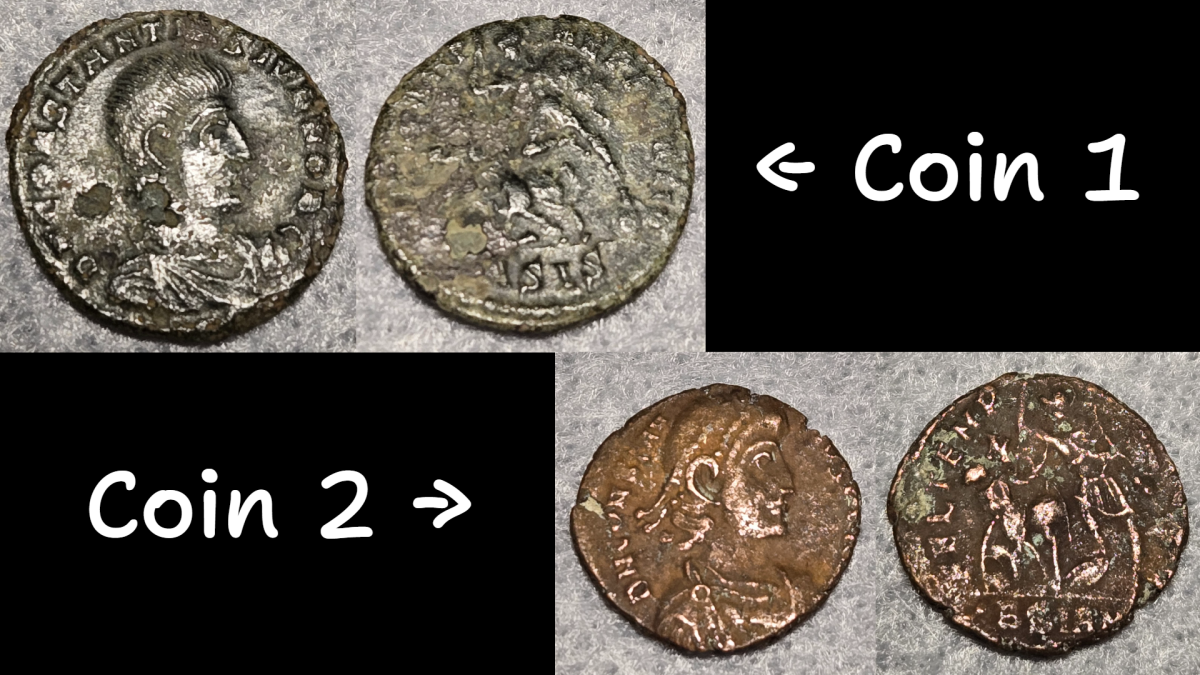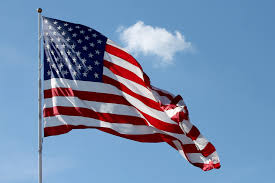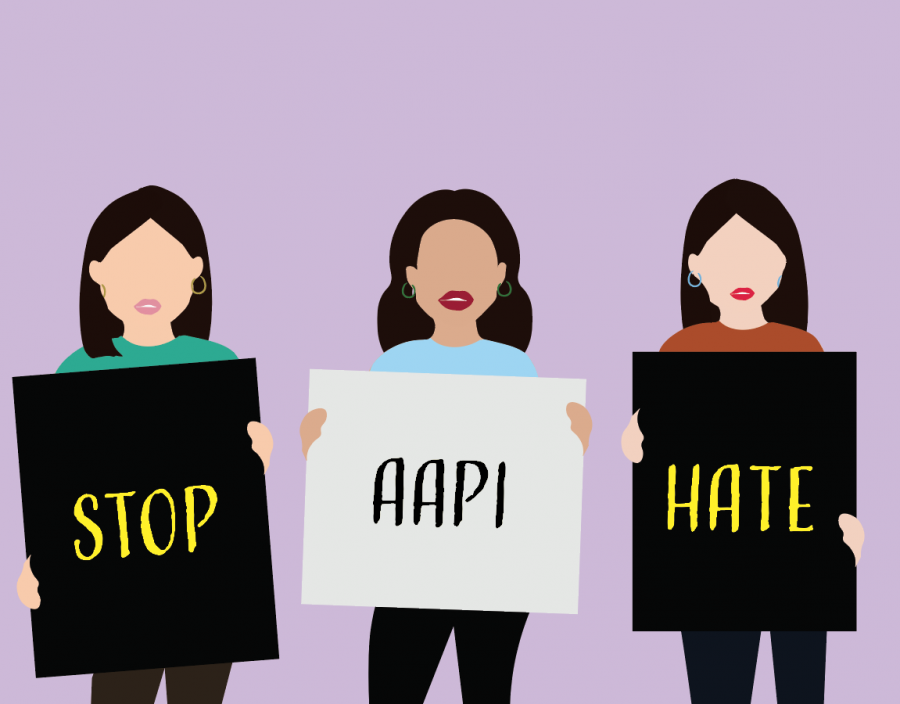The Rise in Violence Against the AAPI Community: an Interview With an MHS Senior
April 16, 2021
The COVID-19 pandemic has revealed many social, cultural, and economic disparities in our society, and for this article, we will be focusing on how the COVID-19 pandemic has not only contributed to a dramatic increase in violence and racist attitudes towards Asian Americans, but has also forced us to consider an important question: why is the Asian experience so often overlooked in discussions about racism? Since the first COVID-19 outbreak was reported in Wuhan, China, many people were quick to place unjustified blame on Asian Americans and direct their anger towards the entire AAPI community. However, this racist, unwarranted anger and disdain for Asian Americans only escalated as it perpetuated harmful stereotypes as well as eventually giving rise to hate crimes and violent attacks. For example, in 2020, former president Donald Trump used the expressions “Chinese virus” and “Kung-Flu” to describe the Coronavirus when addressing the nation. Referring to the Coronavirus as the ”Kung Flu” was not a harmless joke or ignorant mistake, but rather a deliberately racist remark, and more importantly, a signal of permission for people to start attacking the AAPI community. In the past year alone, there have been 3,800 violent attacks against Asian Americans, with Asian women reporting twice as many attacks as Asian men. Additionally, according to NBC News, “analysis released by the Center for the Study of Hate and Extremism at California State University…examined hate crimes in 16 of America’s largest cities and revealed that while such crimes in 2020 decreased overall by 7 percent, those targeting Asian people rose by nearly 150 percent.” It is clear that, like COVID-19, anti-Asian racism has become somewhat of an epidemic as well.
For this article, I reached out to MHS senior, Selena Lottero, and asked her a few questions about her experience as an Asian American in this current social climate with the growing threats to the AAPI community. Please also see the end of this article for resources on how to support the AAPI community, including links to organizations and opportunities for donation, information about Asain-owned businesses, and literature about anti-Asian racism and allyship.
Besides the COVID-19 pandemic, what factors do you think contribute to the racist, anti-Asian attitudes that seem to be so prevalent in our society?
[Selena]: Harmful stereotypes and generalizations tend to make racists believe that those alone are sufficient enough to rationalize the harassment or attack of an Asian. Such stereotypes are still presented in the media today and any backlash against it is generally ignored (ex. East Asian girls are quiet and obedient, east Asians are smart, southeast Asians work in sweatshops or eat with hands, among many more stereotypes).
How do you think the recent violent attacks and hate crimes have affected the AAPI community? How have they affected you or your family?
[Selena]: The recent increase in violent attacks and hate crimes have definitely caused members of the AAPI community to worry about their own safety or well-being when they leave their homes. Members of the community, more than before the pandemic, likely think about all the possibilities, whether rational or irrational, that could happen to them just because of their their physical appearance. I, myself, started to get lost in the thought of what could happen, however, I do not think it is plausible someone would hate crime me here in Milford. Nonetheless, the worry is still there. I worry more for anyone in the AAPI community, specifically those who look East or Southeast Asian, since from a racist or uneducated point of view they could all “look Chinese” thus somehow being a reason to hate crime someone. My family and I never had a formal talk together about the spike in hate crimes, but my mom tends to remind me whenever I go out (not for school) to be careful, as in, be careful in case someone harasses you. Words like these make my heart heavy, which I am sure is a common experience for those of the AAPI community.
Have you ever been the target of racism or discrimination, and have those experiences become more frequent since the pandemic has started?
[Selena]: I could have invalidated or chosen to forget any instances of racism, but “racist jokes” were pretty common until high school (not necessarily directed toward me, but in general as well). There are plenty of examples of the “jokes” (to clarify, they should not be called jokes since they are neither funny nor acceptable, even from a dark humor standpoint) that most of us have probably forgotten about. One popular “joke” was the act of pulling the ends of your eyes both up, both down, and then one up and one down to make a joke out of almond shaped or monolid eyes common in East Asia; the joke going that one direction was Japanese eyes and the other was Chinese and the mix was both. My memory is not very clear about these jokes, but I do remember that no one batted an eye. Perhaps the adults never overheard it, but none of them ever commented on how harmful and racist this “joke” is. I think as people grew older and started going separate ways, they at the very least stopped repeating such jokes loud and clear. In my experience, people always assumed I was Chinese just from looking at me and always wanted to know if I really was, perhaps for their own strange sense of accomplishment. I also fell into a lot of other East Asian stereotypes, so there would have been more reason to poke fun at me for it.
Although we have witnessed a drastic increase in violence against Asians in this past year, common racist stereotypes in the media, particularly in how Asian women are portrayed, have been contributing to anti-Asian attitudes for centuries. How have these stereotypes or portrayals in media/ pop-culture impacted you? How can we counter these harmful stereotypes?
[Selena]: Personally, I do not believe the stereotypes have shaped me to grow up a certain way. However, the stereotypes and over-generalizations shown again and again in pop-culture are very upsetting to watch, especially when it is justified as comedic or just not addressed at all. The main ways to counter these stereotypes are to firstly become aware of how and why these stereotypes came to be. Then, to learn more about Asian cultures and compare it to the stereotypes to see that these generalizations are not “true” enough to justify stereotyping. The third way would be to tell the people around us, those we meet on the internet, and those writing and creating pop-culture works with these stereotypes that stereotypes are not needed or wanted. You can still be funny or entertaining without making fun of an entire race or an ethnicity. For those who scapegoat races or ethnicities, it is more productive for everybody if you address the real root of the problem than to shove the blame onto others.
Do you think Asian Americans are often overlooked or left out of discussions about racism and racial bias? Why?
[Selena]: Yes and it is most likely because of the model minority Asians are painted out to be. The belief that Asians are smarter so they get better paying jobs and are middle class or higher is used to invalidate the existence of racism and racial bias against Asians. You have money, the grades, what more could you ask for? Or that you live comfortably, there is no way you could be feeling unhappy or discomfort in your own skin. The general picture of a minority is that they are struggling, poor, uneducated, or something of the sort. As a number of Asians do not fit into this picture others have created, the racism does not seem apparent enough, so the matter is swept under the rug.
What do you think are the best ways that those of us who are not Asian can support the AAPI community now and going forward?
[Selena]: In the meantime, I think it would be best to spread the news of instances of the AAPI hate crimes so the public becomes more aware of what the AAPI community has been fighting against for so long. It would also be nice if you have any friends or family members who are part of the AAPI community to support them mentally and remind them that you are there for them. Since racism against AAPI has been swept under the rug for so long, the fight against it can feel quite lonely and the idea that others want to help to address and fight against the problem is a newer feeling. Lastly, learning about AAPI cultures and their history, even a little bit, and spreading that information will help to make Asians feel more accepted and acknowledged as well as for you and others to have factual rebuttals against ignorant and racist viewpoints.
Is there anything else you would like to share about your experiences or anything that you want readers to know?
[Selena]: This is also true for other minorities, but microaggressions or the harmful assumptions made against minorities are very normalized and makes minorities feel more alienated or discriminated against. For example, questions about where you are from may seem harmless at first, but the wording insinuates that since you look like a minority, you are not from here (America). Genuine curiosity is acceptable. I myself get curious about people’s cultures and heritage, however, “Where are you from?” or “What are you?” are inappropriate questions to ask, especially if the topic does not fit into the conversation or you and the person asking are not close in any way. I have probably been asked these types of questions countless times throughout my life, and it is frustrating since I was born and raised here and nowhere else. I believe if you want to know more about someone’s heritage, it is more appropriate to establish some sort of relationship with the person first before asking such a question. For me, I feel it would be best if you allow the person you’re curious about to talk about their heritage themselves without you bringing it up. Of course, this may differ from person to person, however, it would be safer to keep in mind how people may feel if you word your questions like that.
Visit the link if you would like to learn more about this topic and ways that you can help support the AAPI community: https://anti-asianviolenceresources.carrd.co

























